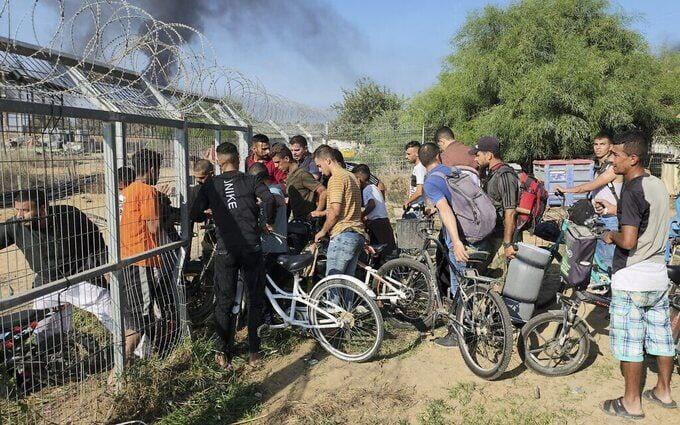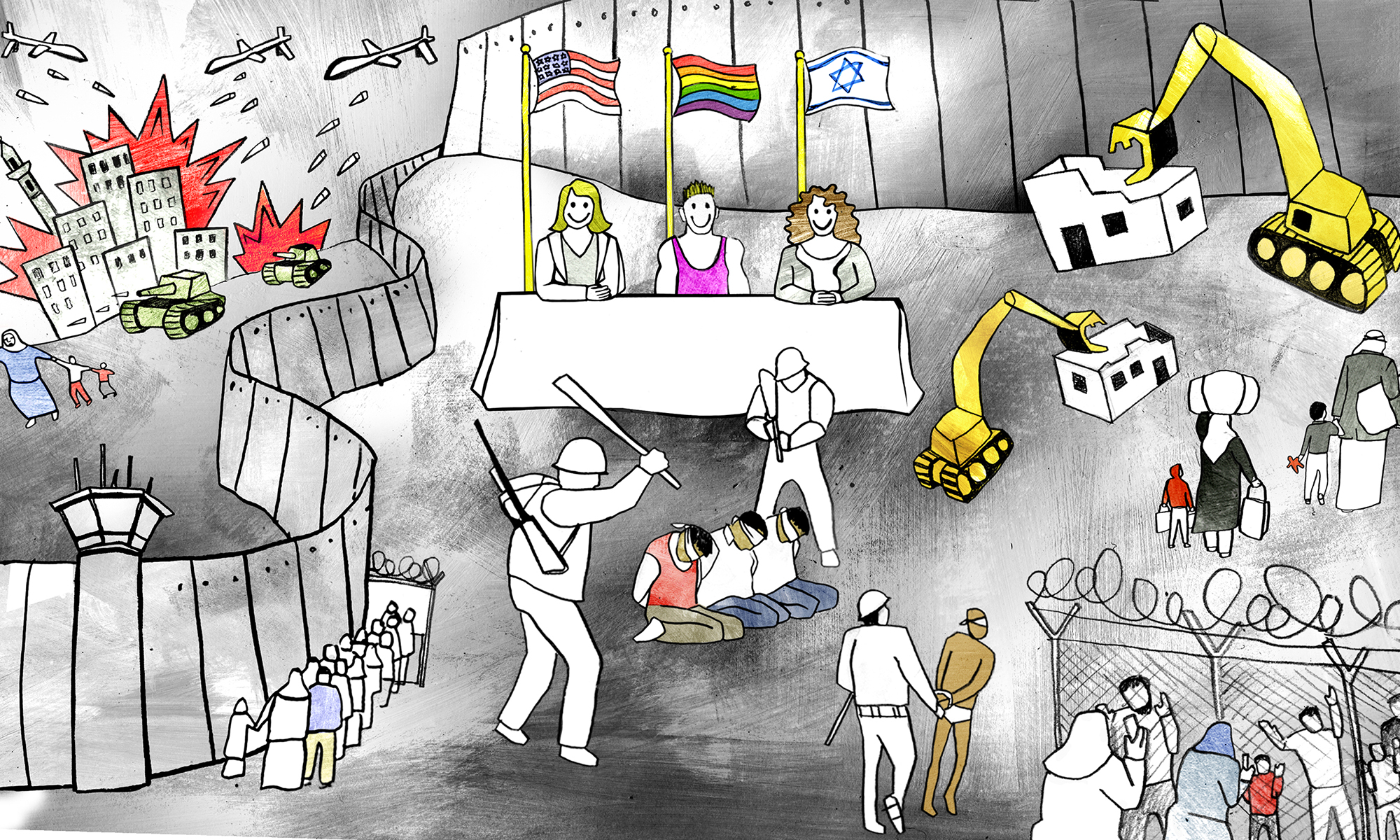The stories were collected by Ronni Levy, Tifara Betzalel and Noga Raban
Translated by: Tal Horowitz
Sarah Goodman was born in 1936 in Dortmund, Germany, and from the moment she was born she experienced the anti-Semitic laws of Germany, because Jews were forbidden to use the services of hospitals in Germany. Nevertheless, she emerged into the world and into the atmosphere of the impending war. In 1938, due to the Nuremberg laws, her older sister could not start her studies in the first grade.
That year, the war became even more eminent in Sarah’s life. On the Kristallnacht that took place on November 9, Nazis broke into the Goodman family’s textile shop. The shop was located under the family’s house, but they could do nothing while rioters smashed the shop’s windows, vandalized and destroyed all its merchandise.
Later, Sarah’s father was arrested for no reason, just because he was Jewish. Her mother, who feared what was coming, realized that it was dangerous for the family to remain in Germany. With great courage and resourcefulness, she bid farewell to her daughters and sent them to their aunt in Belgium (where the war had not yet broken out), accompanied by a Belgian nanny, using false passports.
Sarah’s mother stayed in Dortmund to try to free her imprisoned husband. She managed to bribe the right wardens and get him out of prison just before he got into a truck that was supposed to take him to a labor camp.
Sarah’s parents looked for a way to escape Germany, where life began to fall apart due to the lack of food and clothing and growing fear. Somehow, they managed to obtain forged passports and traveled to Belgium to reunite with their daughters after a three-month separation. Sarah’s father swore that his family would never be split again and that he would never remain in a place controlled by the Nazis.
In 1939, following the German invasion of Poland, Sarah’s father foresaw that the invasion of Belgium was imminent, and with forged documents the family traveled by train to France. But France was also unsafe, and soon the family moved to Spain. The family managed to reach Spain just as France surrendered to the Nazis in June 1940. From Spain, they traveled to Portugal and again managed to remain ahead of the Nazis on their brutal journey across Europe. In Portugal, they managed to find a place to live and even found a school for Susan, Sarah’s older sister. Sarah’s father realized that the family must reach a safe place outside of Europe, and after many attempts, he obtained visas to enter Cuba. After much effort, he bought tickets for a ship that sailed for Cuba. Upon boarding the ship, it turned out that the family’s places were given to someone else and they were not permitted to board the ship despite the large sums of money they paid. They were extremely despaired.
Sarah’s father happened to meet a relative who gave him some money, and the family moved next to the port, hoping that as soon as a ship to Cuba arrived, they would be the first to board it. After living in harsh conditions for several weeks, the family boarded a ship that happened to be the last to leave Europe. After that, legal sailing at sea was halted because of the war and the Germans tried to bomb and drown foreign ships. The family lived in Cuba for a while and tried to obtain visas and money to reach the United States. In March 1945, the Goodmans managed to reach the United States. In 1948, the United Nations declared the establishment of the State of Israel. The family remained in the United States, but when Sarah and her sister grew up they immigrated to Israel, married, and raised their families.



